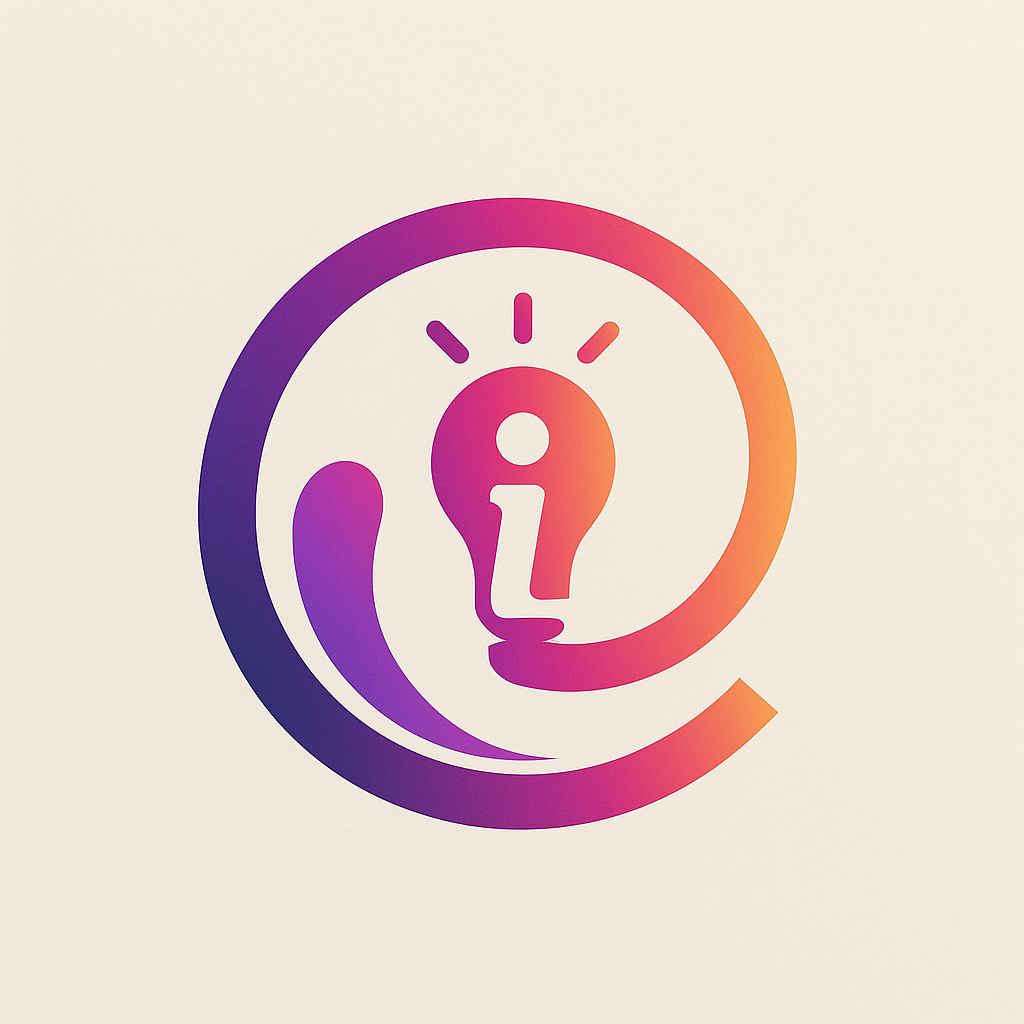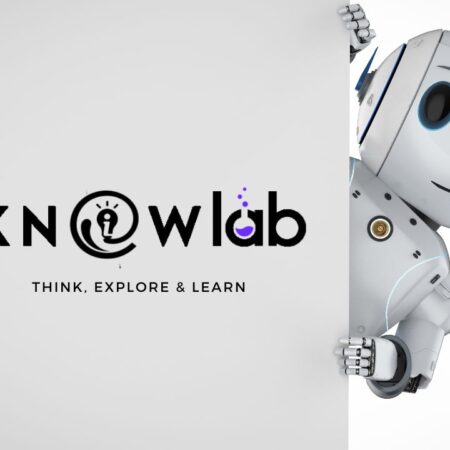The choice of a mobile operating system (OS) is crucial for both users and developers as it significantly impacts the available features, security, app ecosystem, and overall user experience. Each OS caters to different preferences and device types, providing users with a wide range of options to choose from. Here’s an in-depth look at the most prominent mobile operating systems in 2024.
What is an Operating System?
Why do we need an Operating System?
Overview of Major Mobile Operating Systems in 2024
1. Android
-
Open Source: Android is developed by Google and is known for its open-source nature, allowing manufacturers to customize it for their devices.
-
Wide Adoption: Android holds the largest market share globally, with a vast ecosystem of apps and services.
-
Customization: Users can extensively personalize their devices.
2. iOS
-
Ecosystem Integration: Developed by Apple for its devices, iOS offers seamless integration with other Apple products.
-
Security: Known for strong security features, regular updates, and a controlled app ecosystem.
-
Consistent User Experience: Apple’s control over both hardware and software ensures a consistent user experience.
3. HarmonyOS
-
Cross-Device Compatibility: Developed by Huawei, HarmonyOS works across various devices including smartphones, smart TVs, and tablets.
-
Distributed Technology: Focuses on a distributed architecture for improved performance.
4. KaiOS
-
Feature Phones and Smart Feature Phones: Designed for affordable and accessible alternatives to smartphones.
-
Lite Apps: Supports lightweight web apps suitable for devices with limited resources.
5. Tizen
-
Samsung Devices: Primarily used in Samsung’s smartwatches, smart TVs, and budget smartphones.
-
Flexibility: Versatile and can be adapted for various device types.
6. Windows Mobile OS (Discontinued)
-
Microsoft Devices: Previously used in Lumia smartphones, now discontinued as Microsoft shifts focus to other platforms.
7. Firefox OS (Discontinued)
-
Open Web Standards: Aimed to use open web standards for app development but discontinued due to market challenges.
List of Operating Systems Currently in Use
Android OS: Open Source Platform with Customizable Apps
Android’s openness has made it the most widely used smartphone OS globally, offering a vast range of apps and customizations.
iOS: Smooth User Experience and Strict App Guidelines
Apple’s iOS is known for its seamless user experience and stringent app guidelines, ensuring high-quality and secure apps.
Which is Better for Users?
Choosing between Android and iOS depends on individual preferences and priorities. Android offers customization and a wide range of devices, making it suitable for budget-conscious users and those who prefer personalization. iOS, on the other hand, provides a seamless, secure, and consistent user experience, especially for those already invested in the Apple ecosystem.
Discontinued Operating Systems
Windows Mobile
Windows Mobile was known for its productivity and enterprise features but has been discontinued, with Microsoft focusing on other platforms.
BlackBerry OS
BlackBerry OS was recognized for its security features and physical keyboards, making it popular among business professionals. However, it has been discontinued, with BlackBerry transitioning to Android.
Bada OS
Bada OS, developed by Samsung, was discontinued in 2013. Samsung has since focused on Tizen for its devices.
Conclusion
In 2024, Android and iOS remain the primary choices for mobile operating systems, each offering unique advantages. While Android excels in customization and device variety, iOS is praised for its seamless integration and security. Users should consider their preferences, budget, and ecosystem compatibility when choosing a mobile OS.
Discover innovation with Knowlab, where we spread light through technology and shared wisdom. Explore stories, tips, and insights from around the globe on Life Lessons, Health, Tech, and more.
Join Our WhatsApp Channel and Subscribe to Knowlab






